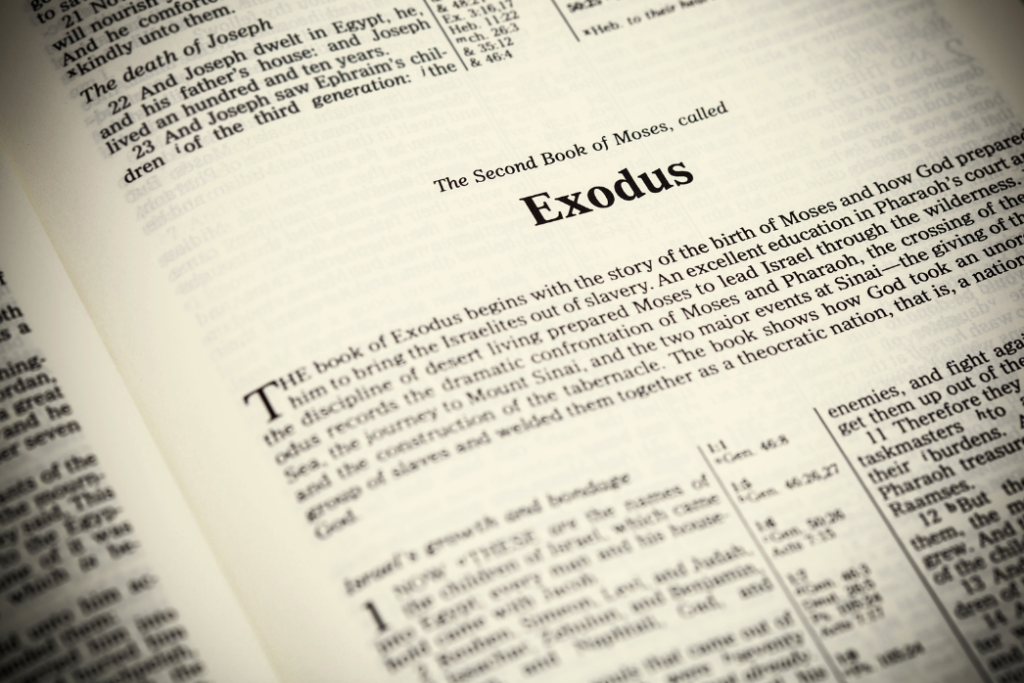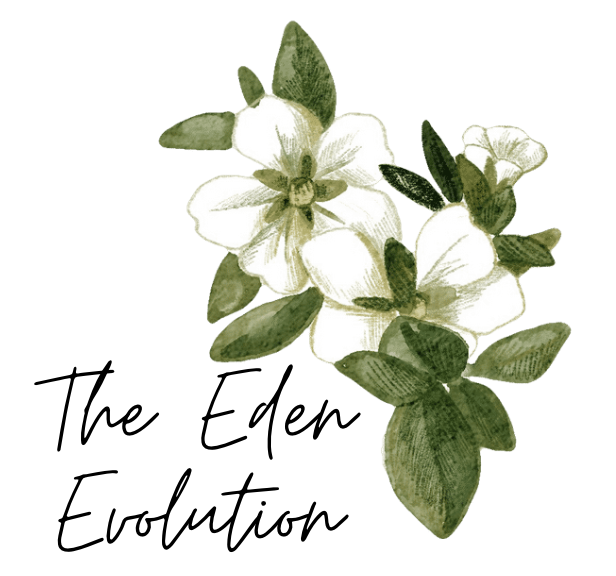I’m not quite sure how old I was, but I know I was in primary school. I was young and impressionable. I remember being with my mother, and we passed a woman that my mother knew. I must have greeted the woman, or have said something, because she turned to my mother and said, “You have such a pretty daughter, but her voice…” It seems like such a simple encounter, but I’ve replayed that scene in my mind for years. I remember a few years later being in a choir at church. The director mentioned that she was looking for a female solo for one of the songs. I remember being briefly excited about trying out for the part, until someone close to me said I shouldn’t bother.

In our developmental years, we’re like seedlings. We’re full of potential and vulnerable to the weeds that are bound to grow up around us. Weeds compete for the food, water, and light that we need to grow. They surround the plant (the potential) and slow starve it to death. Luckily, physical weeds can be seen. Emotional weeds can remain hidden for a long time. I would forget that I was insecure about my voice until I was triggered. If I heard a recording of my voice in a video I would cringe. I stopped sending voice notes and resorted to texting exclusively. Eventually, I found myself becoming distracted by my voice in real life. I would be speaking during a meeting at work, and I would be painfully aware of the sound of my own voice. I started speaking softer so that my voice would be less noticeable. I started speaking faster to shorten the length of time I would have to spend speaking.

I remember the first time I shared my insecurites about my voice. It was during a meeting with a coach that I worked with while recovering from my burnout. She told me that my voice was a critical aspect of my identity and to hate my voice was to hate myself. I had never thought of it that way. I had tried to compartementalize the issue, but it was an all-consuming issue that left its mark on every part of my life. After that coaching session, I took singing lessons for a year. My goal was to learn to see my voice as a tool that I could train and use to create beautiful sounds that would be the building blocks for beautiful messages, whether in speech or in song. Those singing lessons were probably the most difficult thing I’ve ever done. I could no longer hide my insecurities, and I realized just how personal and sacred the voice really is. Some days I felt like an overcomer. Other days, I felt as though I was paying to be tortured. Either way, it was money well spent. Can you really put a price on finding your voice?

I can’t help but think of how Moses initially disqualified himself from God’s plan to free the Israelites from slavery in Egypt. Moses told the Lord that he had a speech impediment. He wasn’t sure that he would be able to relay the message. The Lord replied by reminding Moses that He was the one who had given him his mouth, and He would not only help him speak but He would teach him what to say. Moses was allowed to bring his brother along for support, but Moses had to speak. Genesis shows us that God used speech to create the world. In Exodus 7 through 10, speech (through Moses) is used to free the Israelites, and in Exodus 20 the Ten Commandments were spoken to Moses by God. As we go further in the Old Testament, we see how God spoke to His people though the major and minor prophets, who functioned as God’s mouthpiece.
God has always held speech in high regard, whether it was for creation, admonition, exhortation, or motivation. Therefore, I won’t give up on finding my voice. I believe that Gods redeems the things that were stolen from us, if we give Him the chance. I don’t think that I was created to shout, but I’m certain that I wasn’t created to whisper. If the Lord asks me to relay a message, I want to be ready to do so, and I don’t necessarily mean in a prophetic way. I believe that words inspired by God lead to freedom: freedom from pain, strife, lies of the enemy, fear, discouragement, low self-esteem, shame, and the list goes on. This is what the book of Exodus teaches me. Moses asked for freedom from physical bondage, but there are many forms of bondage. Someone’s freedom may be tied to words God wants to place in my mouth. When that time comes, I plan to speak clearly, boldly, and eloquently, not for myself, but for the benefit of my brother or sister.
